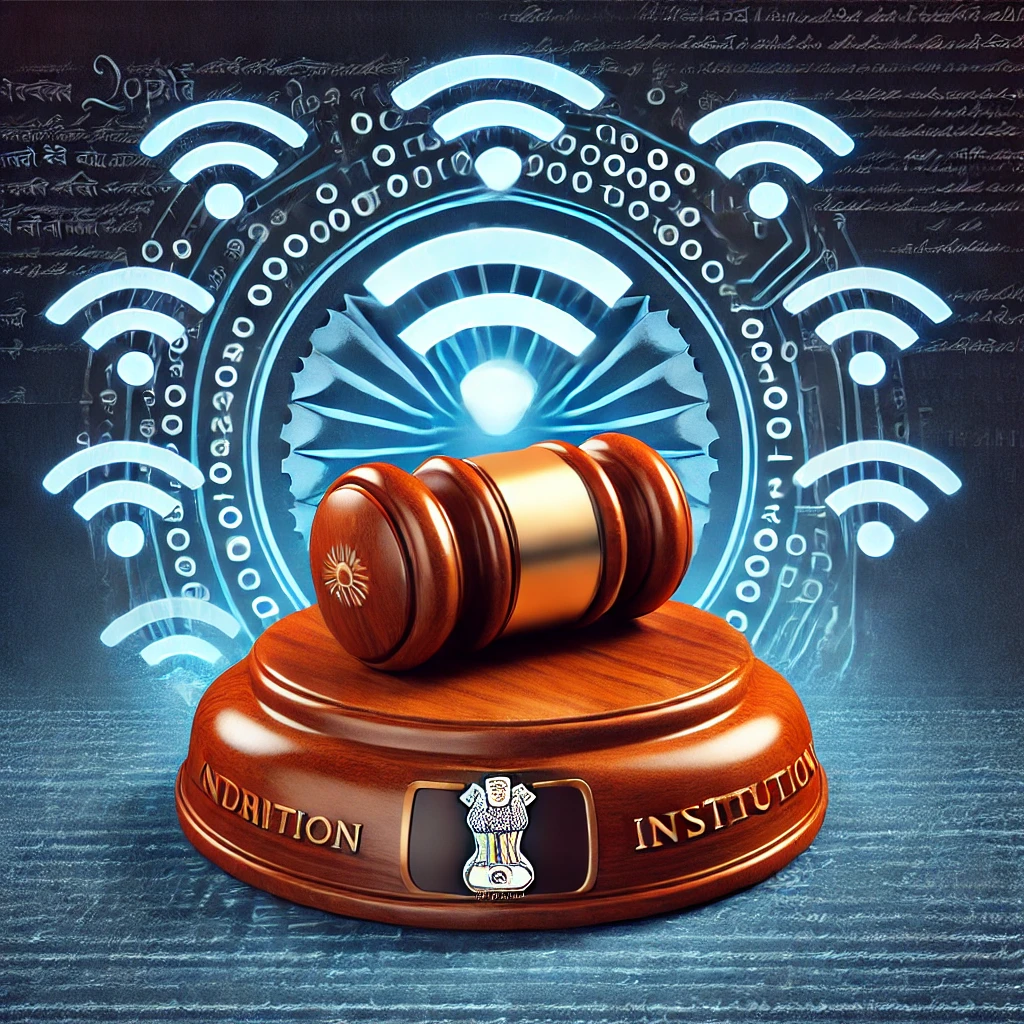Media laws at Tunisia
Tunisia's media laws have evolved significantly since the 2011 revolution, transitioning from a period of relative press freedom to increasing restrictions under President Kais Saied's administration. Here's an overview of the current legal landscape:
🧾 Key Media Laws in Tunisia
1. Decree-Law 54 (2022) – Combating “False News” Issued in September 2022, Decree-Law 54 criminalizes the dissemination of "false news" via electronic communication networks Key provisions include:
Penalties:Up to five years in prison and fines up to 50,000 Tunisian dinars (approximately $15,000) for spreading false information
Enhanced Penalties:Up to ten years in prison if the false information targets a public official Critics argue that the law is vaguely worded, allowing authorities to suppress dissent and target journalists and activists The International Commission of Jurists has condemned the law as a tool for authoritarian control over free expressio
2. Decree-Law 115 (2011) – Freedom of the Press, Printing, and Publishing
This law, established post-revolution, guarantees freedom of the press and prohibits censorship However, it also criminalizes the dissemination of false news, imposing financial penalties The application of this law has been debated, with some arguing that Decree-Law 54 supersedes it in cases involving online conten
⚖️ Legal Challenges and Reforms
The implementation of Decree-Law 54 has led to the prosecution of several journalists and activists, raising concerns about press freedom in Tunisia In response, there have been calls from civil society groups, journalists, and members of parliament to amend or repeal the decree to protect free expression and ensure that laws are not used to stifle dissen
📉 Press Freedom Status
Tunisia's press freedom has declined in recent year. Once considered a beacon of democracy in the Arab world, the country now faces increased repression of journalists and activist. The government's use of laws like Decree-Law 54 to target critics has drawn international condemnation and raised concerns about the future of free expression in Tunisa
✅ Summary
Tunisia's media laws have shifted from promoting press freedom to imposing significant restrictions under the current administratio. While Decree-Law 115 (2011) established a framework for press freedom, the subsequent introduction of Decree-Law 54 (2022) has been criticized for enabling the suppression of free speec. Ongoing legal challenges and calls for reform highlight the need to balance the fight against misinformation with the protection of fundamental right.




















0 comments